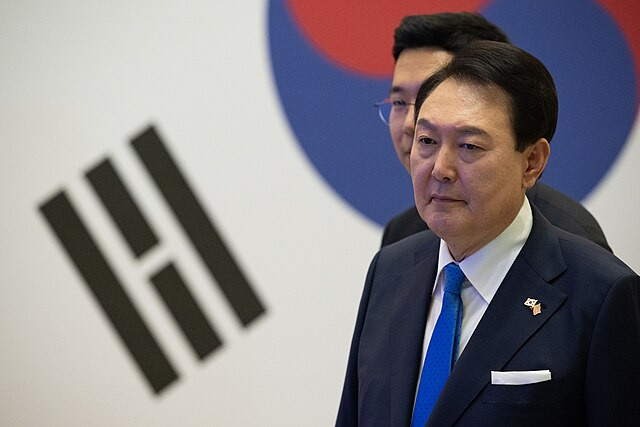In a dramatic standoff with the South Korean government, over 7,800 junior doctors have resigned from their positions, citing unsustainable working conditions and a lack of meaningful dialogue with authorities. The mass walkout, which includes trainee doctors like Ryu Ok Hada and Park Dan, has led to significant disruptions in hospital operations across the country, including the cancellation of surgeries and the refusal of patient admissions.
The crux of the dispute lies in the government's proposal to increase medical school admissions by approximately 65% to address the healthcare demands of one of the world's fastest-aging populations. However, the protesting doctors argue that this measure fails to address the root issues plaguing the medical system, such as the overwork and undercompensation of junior doctors who form a vital part of the healthcare workforce.
Interns and residents in South Korea are subject to grueling 36-hour shifts, a stark contrast to the less than 24-hour shifts in the U.S., with many working over 100 hours a week for a fraction of the compensation of their American counterparts. "The current medical system in South Korea, which is a great one, is run by making cheap trainee doctors keep grinding," stated 25-year-old Ryu, underscoring the systemic exploitation that has driven the young doctors to the brink.
In response to the walkouts, the South Korean government has issued an ultimatum, giving the striking doctors until February 29 to return to work or face severe repercussions, including the suspension of medical licenses and possible legal action. Despite the threat, the striking doctors remain steadfast, with Park, head of the Korean Intern Resident Association, emphasizing the need for systemic reforms to attract doctors to essential yet underserved disciplines like pediatrics and emergency departments.
The government's stance has sparked a legal debate, with experts like Hyeondeok Choi of Daeryun law firm suggesting that a mass suspension of licenses is improbable due to the potential "enormous medical vacuum" it would create. Yet, the authorities seem determined to take punitive measures against the strike leaders to quell the dissent.
Amidst this turmoil, the Korea Medical Association, representing approximately 140,000 doctors, has expressed support for the trainees' cause, with senior doctors holding rallies to oppose the government's expansion plan. Public sentiment, however, appears divided, with a recent survey indicating substantial support for the government's initiative, though critics argue that the primary concern among doctors is the prospect of heightened competition and reduced incomes.
As the deadlock persists, the plight of patients caught in the crossfire becomes increasingly dire, with reports of individuals being turned away from hospitals or missing critical treatments due to the walkouts. The situation has laid bare the deep-seated issues within South Korea's healthcare system and the urgent need for a balanced solution that addresses the concerns of the medical community while ensuring the provision of essential healthcare services to the nation's population.




